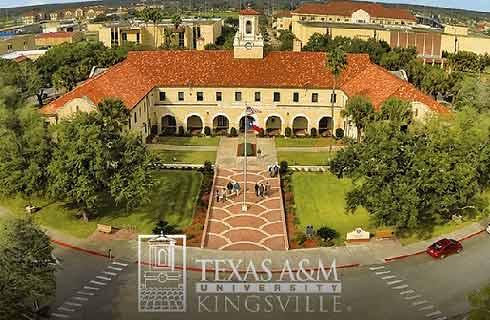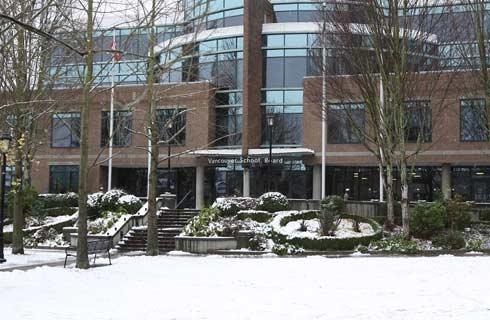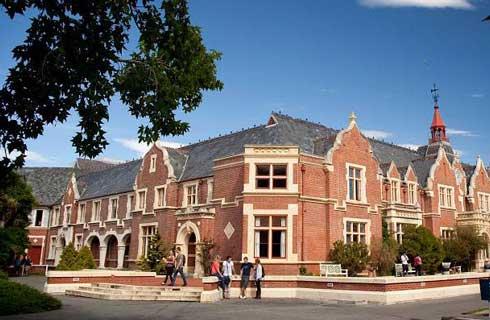硕士 国际规划与可持续发展
MA International Planning and Sustainable Development

学历文凭
Masters Degree (Taught)

专业院系
School of Management and Marketing

开学时间

课程时长

课程学费

国际学生入学条件
IDP—雅思考试联合主办方

雅思考试总分
6.5
- 雅思总分:6.5
- 托福网考总分:88
- 托福笔试总分:160
- 其他语言考试:If your first language is not English, you should have an IELTS 6.5 overall, with a minimum of 6.0 in each component, TOEFL 88 overall with a minimum of 17 in Listening, 21 in Writing, 18 in Reading and 20 in Speaking, Pearson PTE (in-person tests) minimum 59 in each component, Cambridge Assessment English (in-person test) C1 Advanced (CAE) Grade C or above: 176 overall with a minimum 169 in each component (or 176 where IELTS 6.5 is required in a component score).
CRICOS代码:
申请截止日期: 请与IDP联系 以获取详细信息。
课程简介
Course summary This course is aimed at built environment professionals and others with a relevant social or physical science background who wish to gain an in-depth understanding of planning and sustainable development, whether to improve career prospects in their country or enter international practice. Through the course you'll examine the growing problems of sustainable development facing cities, regions and communities in a rapidly urbanising world, subject to growing climate change and other environmental, economic and social pressures and risks. Based in London, you'll have access to the internationally recognised experience of spatial planning for sustainable development, and explore contemporary theories, public policy thinking and good practice in planning in both the developed and developing worlds. The University of Westminster is the UK's first Habitat Partner University. We work with UN-HABITAT and other like-minded institutions to promote the socially and environmentally sustainable development of towns, cities and regions, in accordance with the UN Sustainable Development Goals and New Urban Agenda.
相关申请
 预科
预科 奖学金
奖学金 实习机会
实习机会 在校学习
在校学习 跨境学习
跨境学习 校园授课-线上开始
校园授课-线上开始 在线/远程学习
在线/远程学习
开学时间&学费
学费信息仅供参考,请与IDP联系以获取详细信息
| 开学时间 | 时长 | 学费 | 地点 |
|---|
学校排名

世界排名601
数据源:
泰晤士高等教育世界大学排名
关于威斯敏斯特大学

伦敦威斯敏斯特大学是一所真正意义上的全球性大学,坐落于伦敦市中心。学校秉承''助力学生全面发展''的使命,通过提供由行业前沿动态和最新研究成果驱动的实践型职业化教育,使学生掌握未来职业发展所需的核心技能、专业知识与人脉网络,从而在职业生涯中取得成功,并为社会创造深远价值。威斯敏斯特大学拥有来自160多个国家的19000名学生,是全球最具国际化的高等学府之一。该校国际学生多样性位居英国、美国、澳大利亚和新西兰之首。我们以多元化的学生群体为荣,并为国际学生提供全方位支持服务,包括:入学前专业咨询、迎新指导、专属职业发展服务,以及丰富多彩的社团活动与文化交流项目。以职业为中心的教育学生可以从400多个以职业为导向的预科、本科、研究生和研究型学位课程中进行选择。这些课程在设计时融入了行业意见,由经验丰富的学者和实践者授课,并采用多种现代教学方法。许多课程都获得了领先专业机构的认证,以确保学生毕业时掌握职场所需的技能。大学因其提供基于工作的学习以及为未来企业家和自由职业者提供屡获殊荣的教育和支持而备受推崇。根据Forage 2023年奖项,它是基于工作学习的领先大学,并入围了《泰晤士高等教育》2024年"杰出创业型大学"奖项和"伦敦高等教育奖"的"伦敦大学最佳创业计划"奖项。位于伦敦中心坐落于伦敦核心地带,威斯敏斯特大学让学生置身全球最具活力的都市中心。其中三所校区均毗邻摄政街与牛津广场(步行可达),而以创意传媒学科闻名的哈罗校区则位于伦敦西北部。
本校相关课程

硕士 城市设计
学历文凭
Masters Degree (Taught)
开学日期
课程费用总额


硕士城市和区域规划
学历文凭
Masters Degree (Taught)
开学日期
课程费用总额


理学硕士运输规划与管理
学历文凭
Masters Degree (Taught)
开学日期
课程费用总额


文学硕士翻译
学历文凭
Masters Degree (Taught)
开学日期
课程费用总额


硕士旅游管理
学历文凭
Masters Degree (Taught)
开学日期
课程费用总额


旅游规划与管理学士学位
学历文凭
Bachelor Degree with Honours
开学日期
课程费用总额

其他相关课程

Environmental Pollution and Management PhD
 布莱顿大学
布莱顿大学泰晤士高等教育世界大学排名:755
学历文凭
Ph.D.
开学日期
课程费用总额


环境与商业(荣誉)文学士学位
 利兹大学
利兹大学泰晤士高等教育世界大学排名:118
学历文凭
Bachelor Degree with Honours
开学日期
课程费用总额


哲学博士(可持续资源管理)
 纽卡斯尔大学
纽卡斯尔大学学历文凭
Ph.D.
开学日期
课程费用总额


MSc Environmental Sustainability
 爱丁堡龙比亚大学
爱丁堡龙比亚大学泰晤士高等教育世界大学排名:645
学历文凭
Masters Degree (Taught)
开学日期
课程费用总额


野生动物科学学士学位(荣誉学位)
 昆士兰大学
昆士兰大学泰晤士高等教育世界大学排名:80
学历文凭
Bachelor Degree with Honours
开学日期
课程费用总额


理学硕士淡水环境综合管理
 伦敦玛丽女王大学
伦敦玛丽女王大学泰晤士高等教育世界大学排名:135
学历文凭
Masters Degree (Taught)
开学日期
课程费用总额










